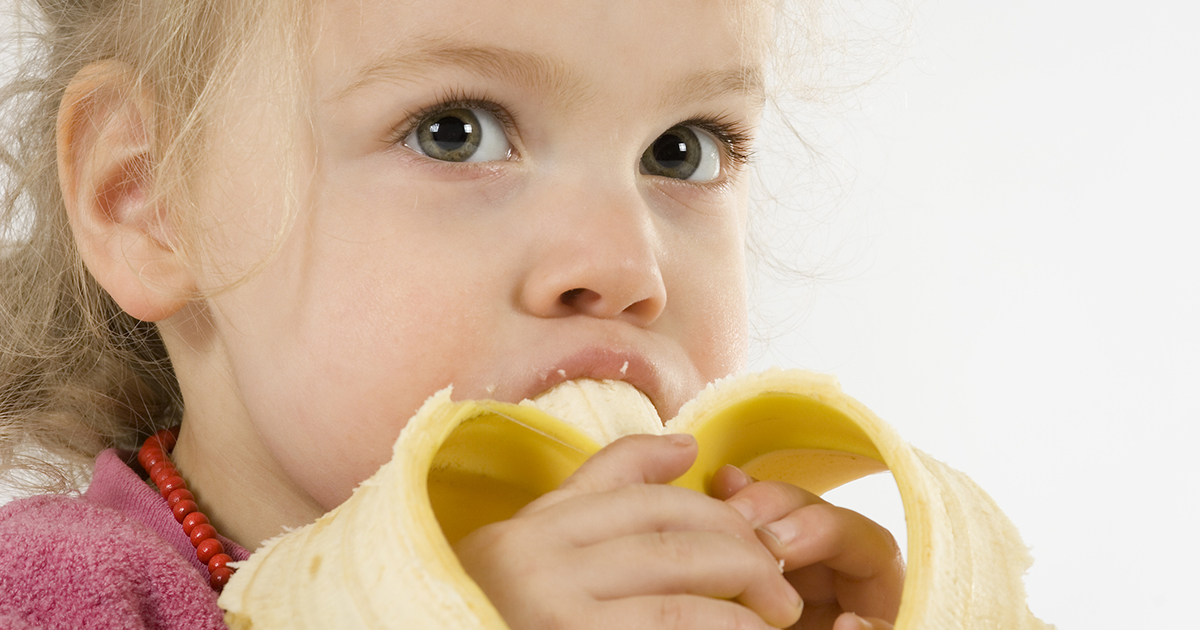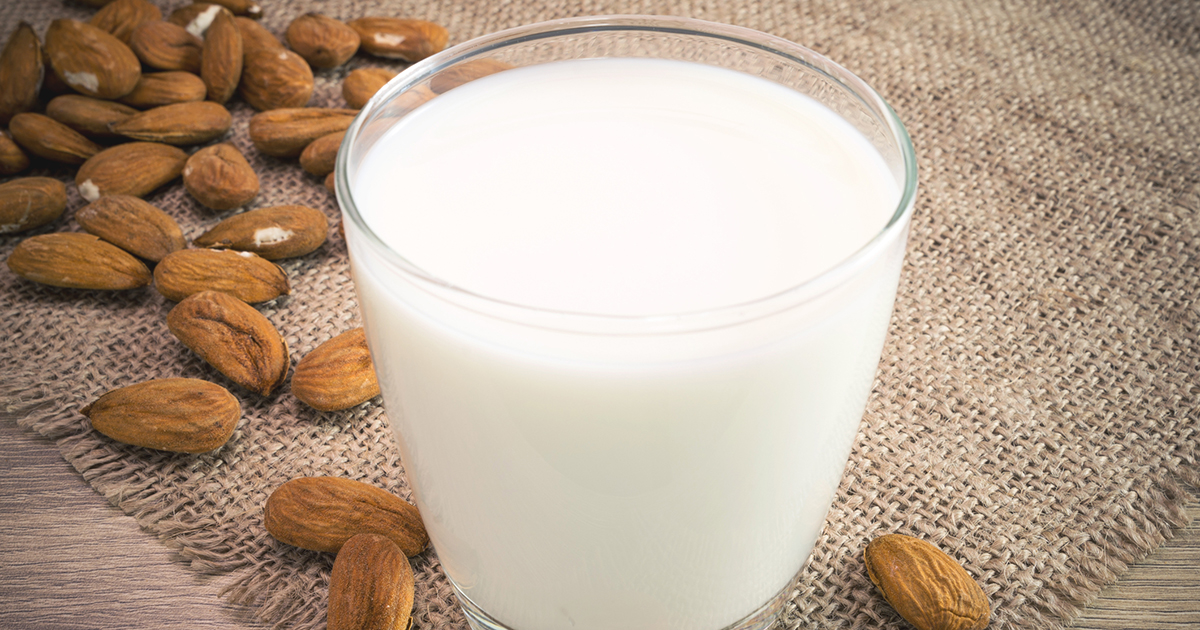Living With Inflammatory Bowel Disease; Should You Try A Low-Residue Diet?
Fruits To Keep Eating

On a low-residue diet, those with an inflammatory bowel disorder will need to be extra mindful of what fruits they consume. Like vegetables, many fruits have skins and contain seeds that add fiber to the diet. It is crucial for those with an IBD to be aware of which fruits they can consume easily. Soft cantaloupe, honeydew melon, papayas, plums, and ripened bananas are all low enough in fiber to typically not cause gastrointestinal upset. Additionally, individuals with IBD can safely consume canned fruits. Since apple skins contain about 4.4 grams of fiber, it is wise to peel these skins off. Consuming applesauce is an ideal way to consume apples while on a low-residue diet.
The Verdict On Milk and Dairy Products

Although milk does not contain fiber, the lactose it does contain often contributes to gastrointestinal upset (especially diarrhea and vomiting). Many individuals who have IBD are also lactose intolerant, so it is important for these people to avoid milk and dairy products containing lactose.
There are good non-dairy alternatives on the market, such as almond, soy, coconut, and even cashew milk. The fiber content can vary depending on the brand chosen, but typically it will not exceed two grams per cup. Always read the nutritional labels on non-dairy alternatives to stay informed, as some of these can come ‘fortified’ with nutrients like fiber.
